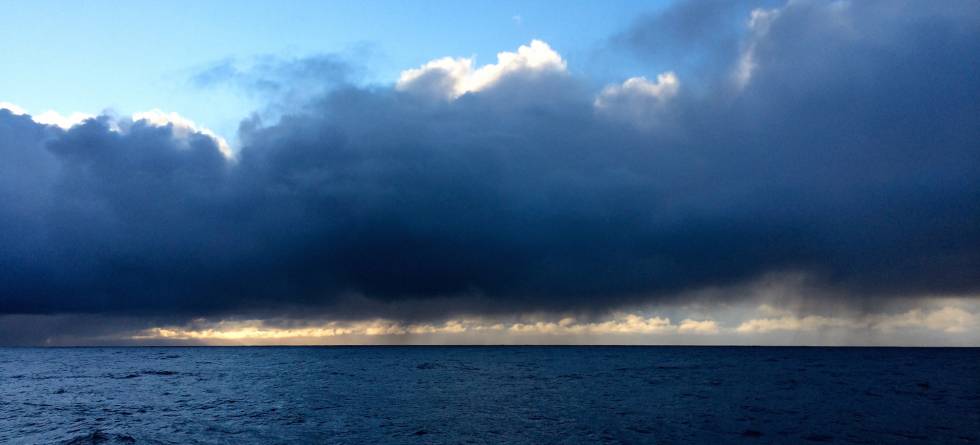– The European ICOS Research Infrastructure will provide invaluable knowledge to support the European and global efforts of reaching safe climate change mitigation goals. It is therefore excellent news that ICOS has been allocated the status of ERIC. The timing for this is perfect, just before the UN COP21 in Paris, which is yet another clear message from the EU about its commitment to the climate targets, says Robert-Jan Smits, Director General for Research, Science and Innovation at the European Commission, in the ICOS press release in Finland.
The European Commission has officially established the Integrated Carbon Observation System (ICOS ERIC), a new pan-European environmental research infrastructure which aims to provide long-term carbon and greenhouse gas observations across Europe.
- More specific, the aim of ICOS is to measure high quality data of Green House Gasses (GHG) in air, in the ocean and on land and to understand the interaction between them. We will observe GHG emission on a national, european and global scale, and measure to what degree different GHG reduction schemes work. Further advice the society in policy making and to enable research to understand the GHG budgets and perturbations. Particular understanding processes related to climate change as we experience it today in of crucial importance. Norway contributes with two atmospheric stations(NILU), five ocean stations (Uni, UiB, HI og PI) and one landstation (NIBIO) as a start, including integration of activities between them. Norwegian scientist will also have an important role in the general leadership of ICOS by hosting one of the four central facilities, the Ocean Thematic Centre (OTC). The main responsibility of the OTC will be data labelling, quality control and optimization, technical development and implementation, education and innovation and data synthesis and publications, says Truls Johannessen, professor at UiB and researcher at Uni Research and the Bjerknes Centre. Uni Research is the host institution for ICOS ERIC Norway.
Standardized measurements
ICOS is a distributed research infrastructure that provides measurements on carbon cycle, on greenhouse gas emissions and on atmospheric concentrations of greenhouse gases. The ICOS RI integrates atmosphere, ecosystem and ocean greenhouse gas monitoring networks in order to provide the observational basis for a full European carbon balance and its trends.
Standardized measurements are carried out throughout Europe - at tall atmospheric towers and ecosystem sites from the Artic to the Mediterranean, as well as on ocean platforms and vessels covering the North Atlantic, the Mediterranean Sea and the Baltic Sea.
Norway is one of eight founding members of the ICOS ERIC establishment. The other members are Belgium, France, Germany, Italy, Netherlands, Sweden and Finland, which is the ICOS ERIC hosting country, as well as Switzerland which currently has an observer country status.
Inauguration
The European Commission’s decision to establish ICOS ERIC entered into force on 17th November. The ICOS ERIC is the 12th European Research Infrastructure Consortium that has been established since August 2009 when the ERIC legal framework was provided.
The ICOS ERIC inauguration will be held in Brussels on Tuesday 24th November. Robert-Jan Smits will hand out the official plaque to the Finnish Minister of Education and Culture Sanni Grahn-Laasonen and ICOS ERIC Director General Werner Kutsch in the presence of the hosting country delegation.

